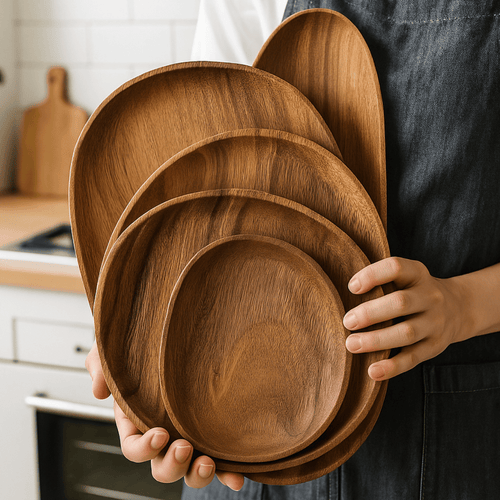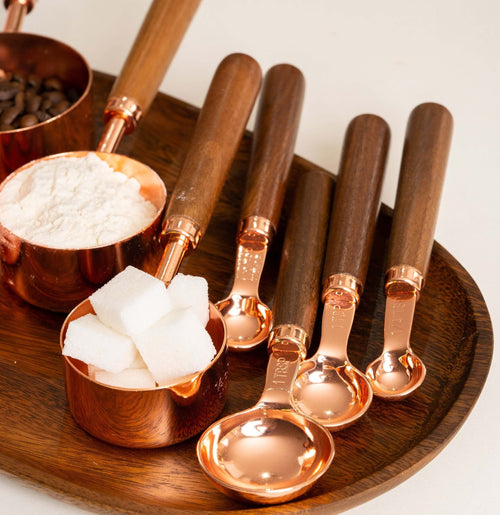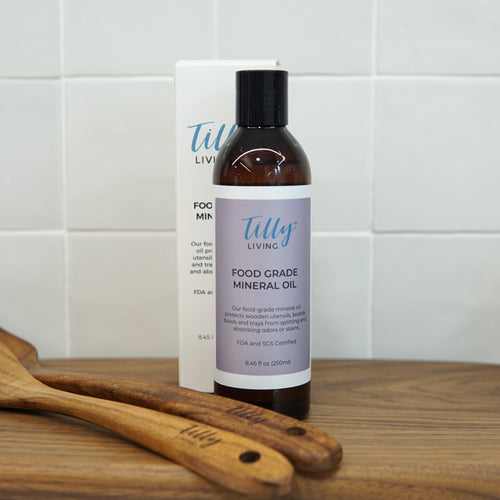In kitchens both professional and personal, chefs don’t just cook—they curate. Every tool they choose reflects a commitment to flavor, precision, and care. And while knives and pans often steal the spotlight, one essential tool earns quiet gratitude with every use: the cutting board. But not just any board—chefs are increasingly choosing composite boards for reasons both practical and profound.
The Limitations of Bamboo and Plastic
Plastic boards have been a staple for years because they're cheap and easy. Yet under pressure—literally—plastic scratches deeply, fostering bacterial growth and releasing microplastics into food. Bamboo, once seen as a natural upgrade, can be brittle and overly dense. Its hardness dulls knives and leads to cracks, creating hygiene issues in busy kitchen environments.
When every slice matters, those flaws become deal-breakers.
Composite Boards: The Balanced Choice
Enter the Grainbond Trio Chopping Board. Made from 80% wood fibers and 20% food-grade resin, it offers a harmonious blend of durability, hygiene, and care. Chefs love it because it stands spotless under pressure, protects knives, and keeps the focus on food, not flaws.

It won’t split or warp under heavy use. It doesn’t dull blades like bamboo. It carries no hidden toxins like plastic. Simply put, it supports chefs in doing their best work.
Engineered for Culinary Environments
For chefs, precision and hygiene are non-negotiable. That’s why composite boards like Grainbond include several design advantages:
✅ Dishwasher-safe for sterile, repeat cleanings
✅ Anti-slip backing to prevent dangerous movement
✅ Knife-edge protection that helps preserve blade life
✅ Resilience that stands up to daily, heavy-duty use

Marrying Form and Function
The appeal of composite boards lies in their quiet efficiency. They let chefs focus on creativity, not maintenance. No need to sand cracks in bamboo, replace worn-out plastic boards, or worry about cross-contamination.
That matters deeply when you're managing a kitchen, a team, or even just a family meal.
Frequently Asked Questions
1. Are composite boards really better than bamboo?
Yes. Composite boards resist cracking and warping, and they’re easier on knives than bamboo.
2. Do composite boards dull knives less than plastic?
Definitely. The wood fiber composition absorbs impact, preserving edge integrity over time.
3. Can these boards stand up to heavy restaurant usage?
Absolutely. Grainbond boards are robust, easy to clean, and built for high-intensity environments.
4. Are they safe to clean in the dishwasher?
Yes. Grainbond is dishwasher-safe, providing a hygienic finish without damage or warping.
5. Prefer a natural wood feel?
Explore our Walnut Wood Chopping Board or Walnut Wood Chopping Board with Handle. Both are carved from sustainable walnut and are naturally antibacterial.
A Chef’s Choice for Quality and Care
Chefs choose composite boards like Grainbond Trio Chopping Board not because it’s trendy, but because it works, day after demanding day. It protects knives, supports hygiene, uplifts performance, and honors sustainability.

Pair it with our Food Grade Mineral Oil for extra care, or go full natural with one of our walnut boards. Whatever you choose, you’re investing in tools that respect both the craft of cooking and the world around us.








